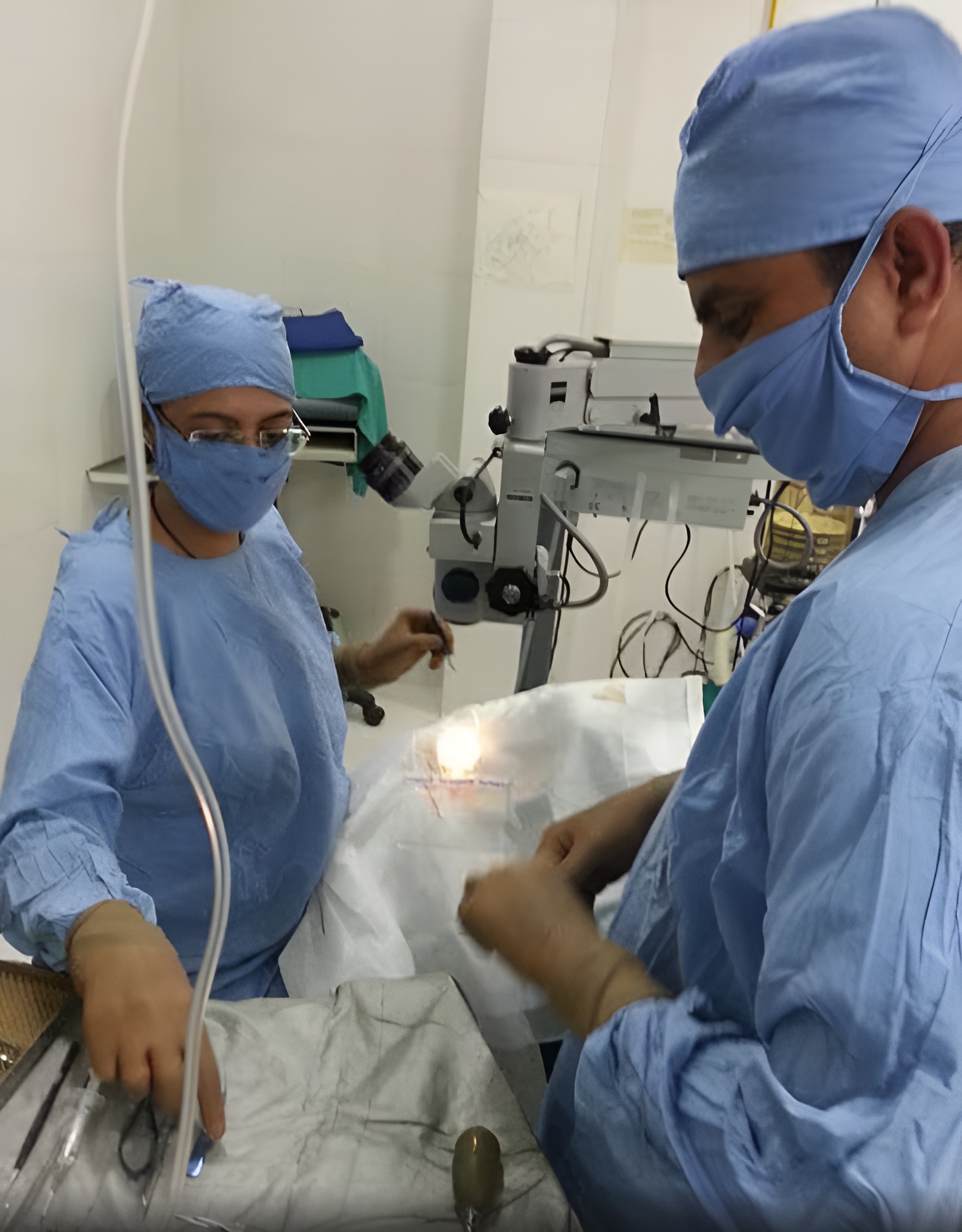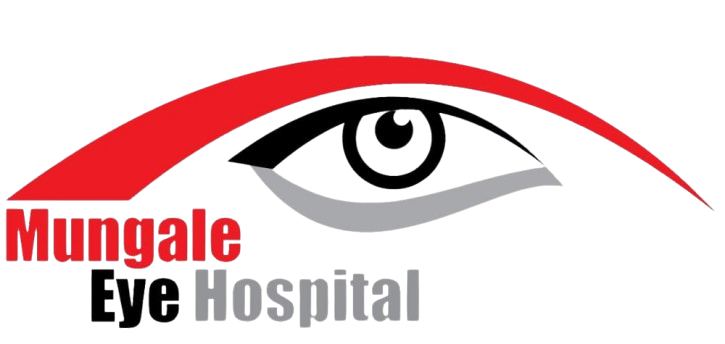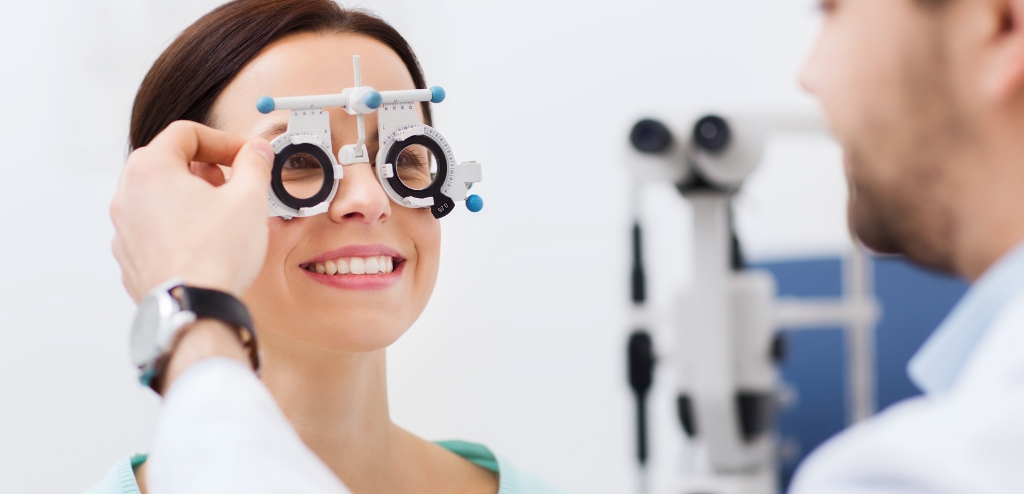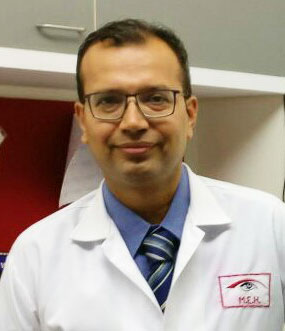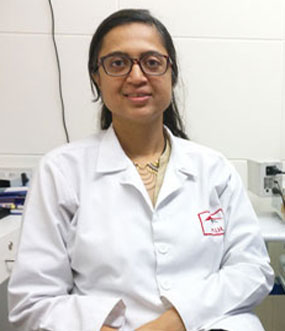Taking care of your eyes is good as giving importance to your overall health. That is why choosing...
Read MoreWelcome to
Mungale Eye Hospital
Mungale Eye Hospital (MEH) was established on 24th June, 2007 in Vadodara, Gujarat, India. Presently MEH is well-equipped with entire range of state of art diagnostic, curative and latest technology surgical equipment required to treat eye patients
- 24/7 Service Facilities
- 20+ Years Expertise
- Certified Eye Surgeons
